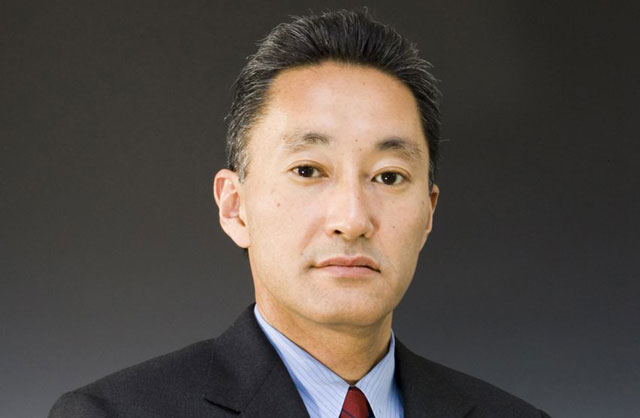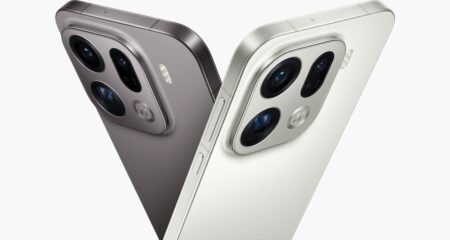
It is too much to expect one man single-handedly to rescue Sony, the Japanese firm which formerly made world-beating electronic products but is now almost as well-known for making losses. Even so, Kazuo Hirai, who unveiled his outlook for the company on 12 April, less than a fortnight after taking its management back into Japanese hands, has had a tumultuous start.
On 10 April, the company predicted it would lose ¥520bn (US$6,5bn) in the fiscal year that ended on 31 March, the biggest loss in its 65-year history. The new forecast, twice as bad as had been expected as recently as February, clobbered its shares, which have fallen by 40% in a year. The increased losses stemmed largely from an accounting charge: in the company’s fourth consecutive year of red ink, Sony decided it could no longer carry tax losses as an asset. “The news hit me hard,” Hirai admitted.
But paper losses aside, the underlying electronics business is also bleeding money. Hirai laid out aggressive targets to improve performance, though he offered few concrete ideas on how to achieve them. Interestingly, he named three products as core to Sony: digital imaging, including cameras; gaming; and mobile phones. Conspicuous by their absence were televisions.
They are not just a problem for Sony, which has lost money on the business for eight years. Sharp and Panasonic, its two main Japanese rivals, are also likely to lose money on TVs this year, as well as on other parts of their electronic businesses. (On 10 April, Sharp, too, issued a profit warning.) What makes televisions such a millstone for these firms is that none has the guts to exit the business completely; nor are they aggressively revamping it. Instead they lean towards what Yoshiharu Izumi of JP Morgan, a securities firm, calls “managed decline”.
Hirai had already announced that Sony’s TV production goal would be halved, from 40m units to 20m. There was little to suggest he has any higher hope for TVs than to turn a profit in the year ending March 2014. However, he left open the possibility of alliances with other Japanese television makers: talk of such co-operation has grown since Sharp was part-sold to Taiwan’s Hon Hai, Apple’s main supplier, last month.
Analysts hope that, being Japanese, Hirai will have more success than his Welsh-born predecessor, Sir Howard Stringer (now Sony’s chairman), in uniting Sony’s 168 000 employees behind a call for reform. But apart from repeating “Sony will change” any number of times in his opening presentation, there was not much evidence of new thinking. He mentioned 10 000 job cuts, but at least 3 000 of these will be accounted for by spinning off companies. To those worried about Sony’s decline, it is whole divisions, not jobs, that need to be cut, in order to focus on what the company does best. Sadly, that message did not come through. — (c) 2012 The Economist




